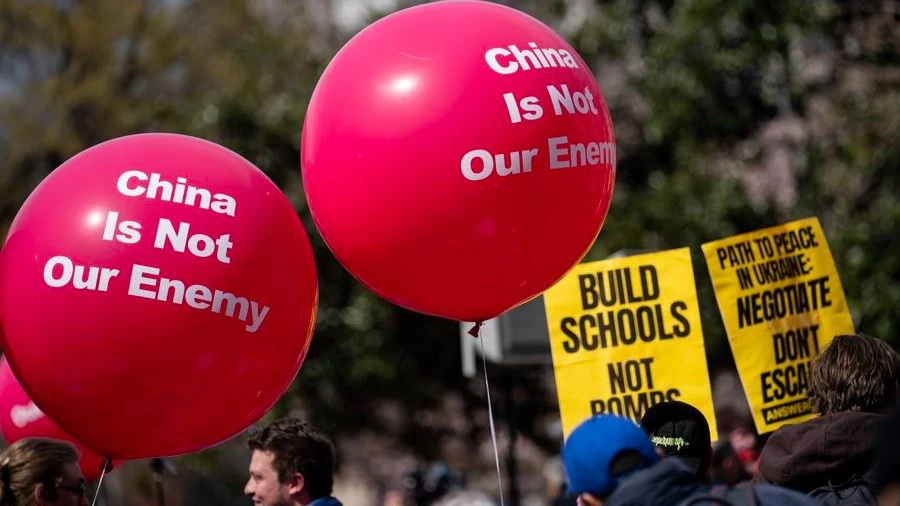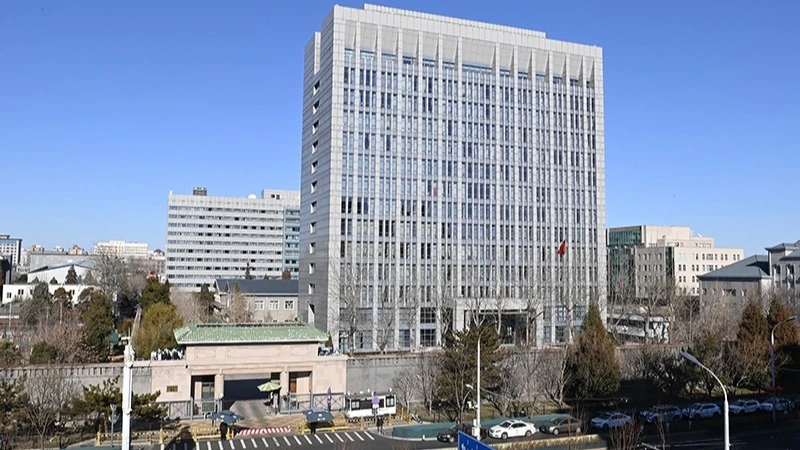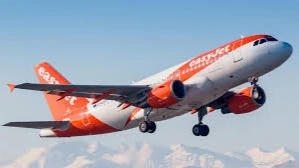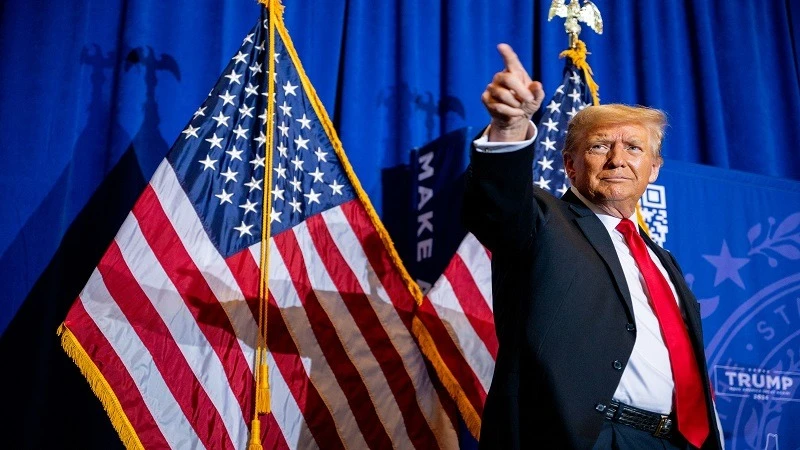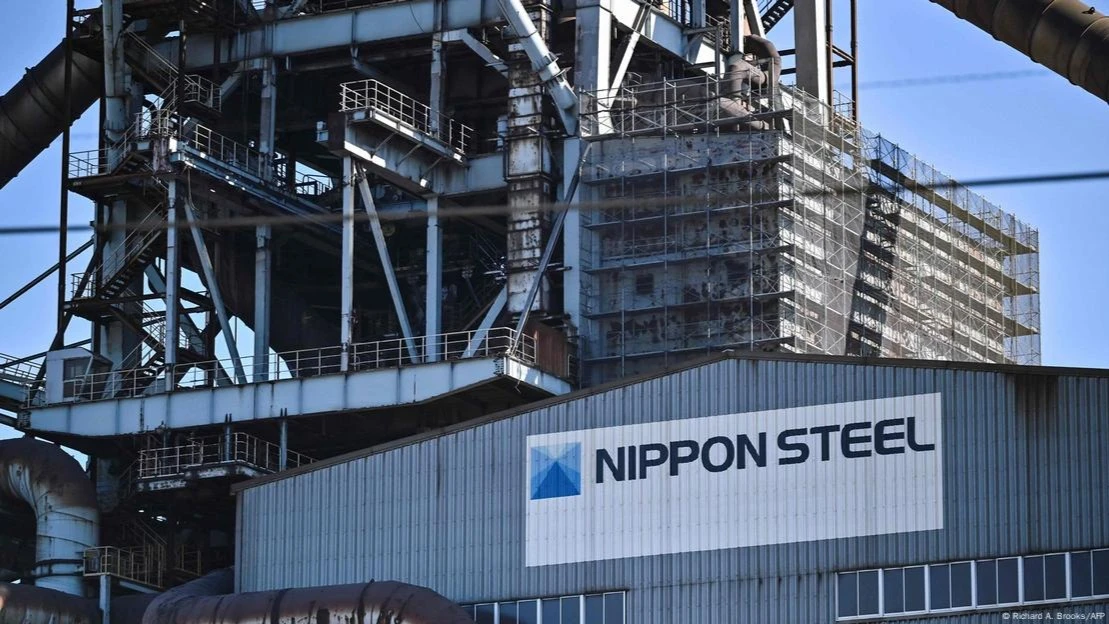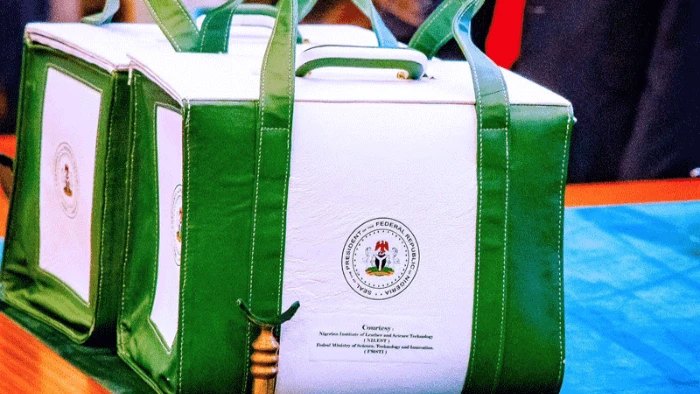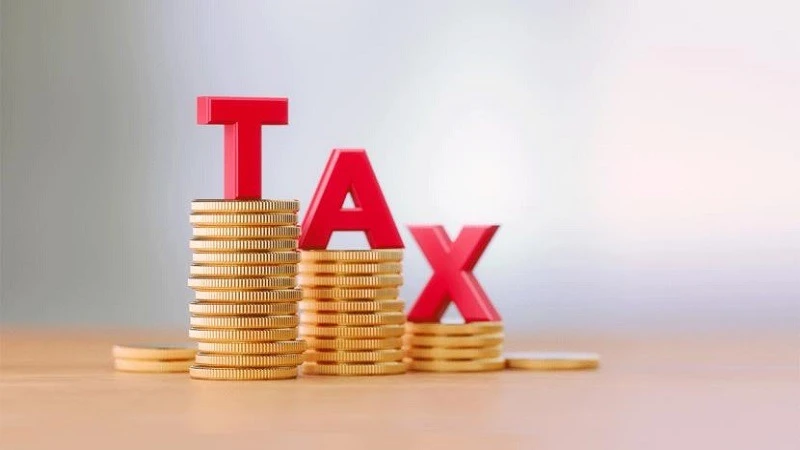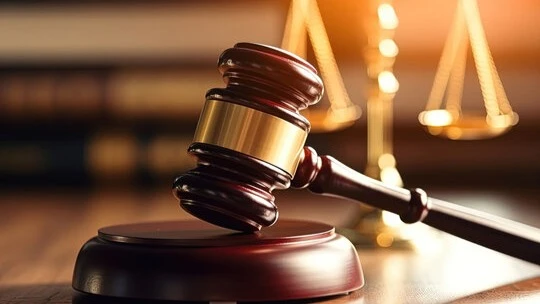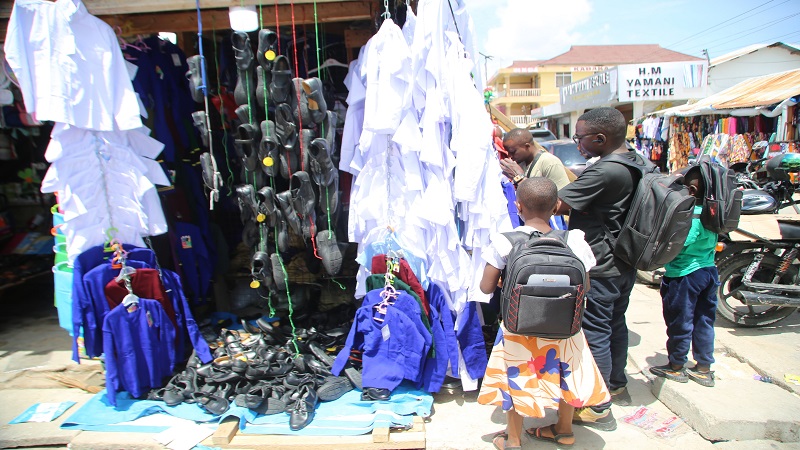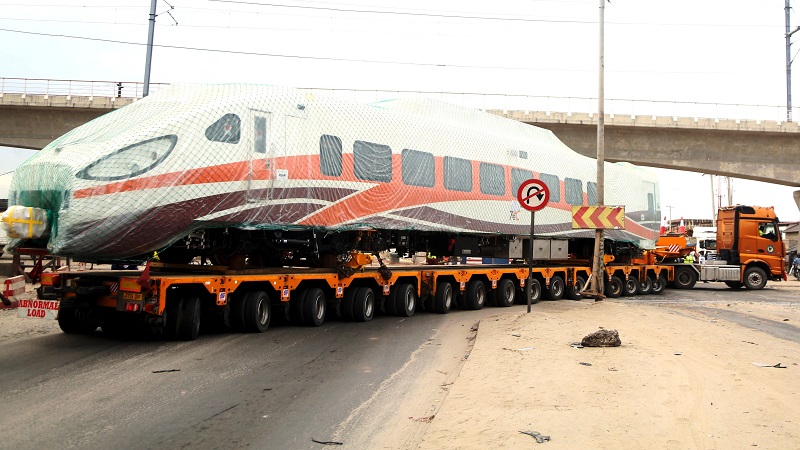Fuel prices slide, even with higher import costs
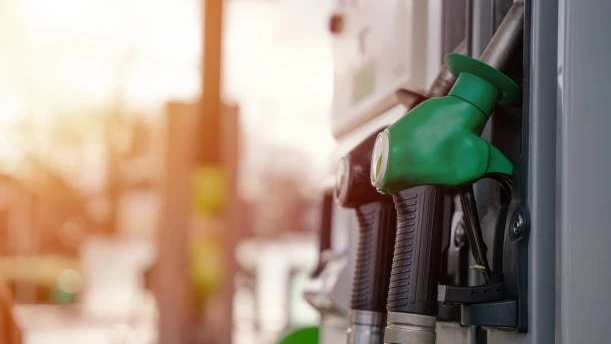
DESPITE a rise in the average cost of importing fuel (premiums), with petrol increasing by 7.26 percent, diesel by 12.8percent and kerosene by 7.1 percent at the Dar es Salaam port, retail prices are in slight decline.
Dr James Mwainyekule, the Energy and Water Utilities Regulatory Authority (Ewura) director general, said in a statement yesterday retail fuel prices for products imported through various ports drop starting immediately.
Ex-Tanga port charges showed no changes, with petrol premiums rising by an average of 15.6percent, meanwhile as there were no changes in diesel premium, imported through Mtwara port.
Ex-Dar es Salaam port retail prices for petrol, diesel and kerosene dropped by 1.5percent, 2.3percemt, and 3.9percent respectively, resulting in the price of one litre of petrol inching down to 2,898/- from 2,943/- in November. Diesel declines to 2,779/- per litre from 2,844/-, with kerosene selling for 2,831/- per litre, from 2,943/- earlier.
The regulator set ex-Tanga port retail prices at 2,905/- for petrol, 2,792/- for diesel and 2,877/- for kerosene per litre, lower than November prices of 2,948/- for petrol, 2,855/- for diesel and 2,989/- for kerosene.
For consumers using fuel from Mtwara port, prices slide to 2,908/- for petrol (from 3,015/-), 2,851/- for diesel (from 2,916/-), and 2,903/- for kerosene (from 3,016/-).
The agency appealed to oil companies to maintain competitive pricing, ensuring that prices do not exceed the maximum allowed or fall below the minimum set by the government, as per the 2022 petroleum price setting regulations.
Fuel stations must clearly display their prices on visible signage, showing the price per litre and any discounts or commercial incentives offered, the statement intoned.
“Where possible, customers are encouraged to purchase fuel from stations that offer the lowest prices to promote competition. It is illegal to sell fuel without visible price signage,” the agency insisted.
Stations that fail to comply with these regulations will face penalties, it said, elaborating that fuel retailers need to issue receipts from electronic fiscal pump printers.
Customers are encouraged to ensure they receive these receipts, which must include the station's name, date, fuel type and price per litre, it further noted.
These receipts serve as proof in case of complaints about overcharging or receiving substandard fuel, and also assist in facilitating the collection of government taxes from petroleum sales, the statement added.
Top Headlines
© 2025 IPPMEDIA.COM. ALL RIGHTS RESERVED








